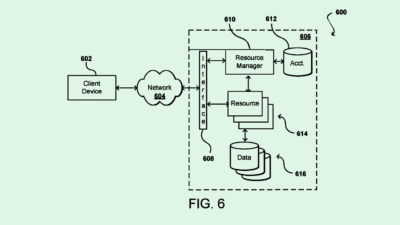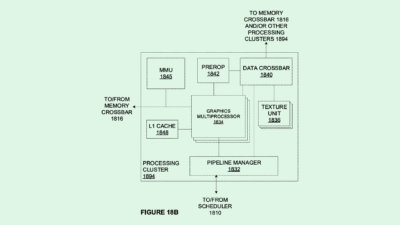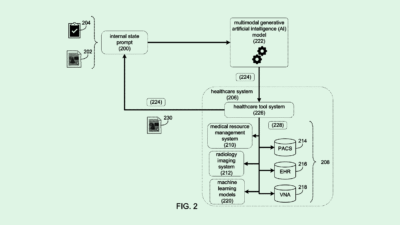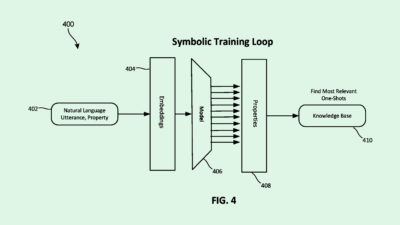Coinbase Patent Tracks AI Contributions With Blockchain
The technique is particularly useful for open source models that often involve many contributors.
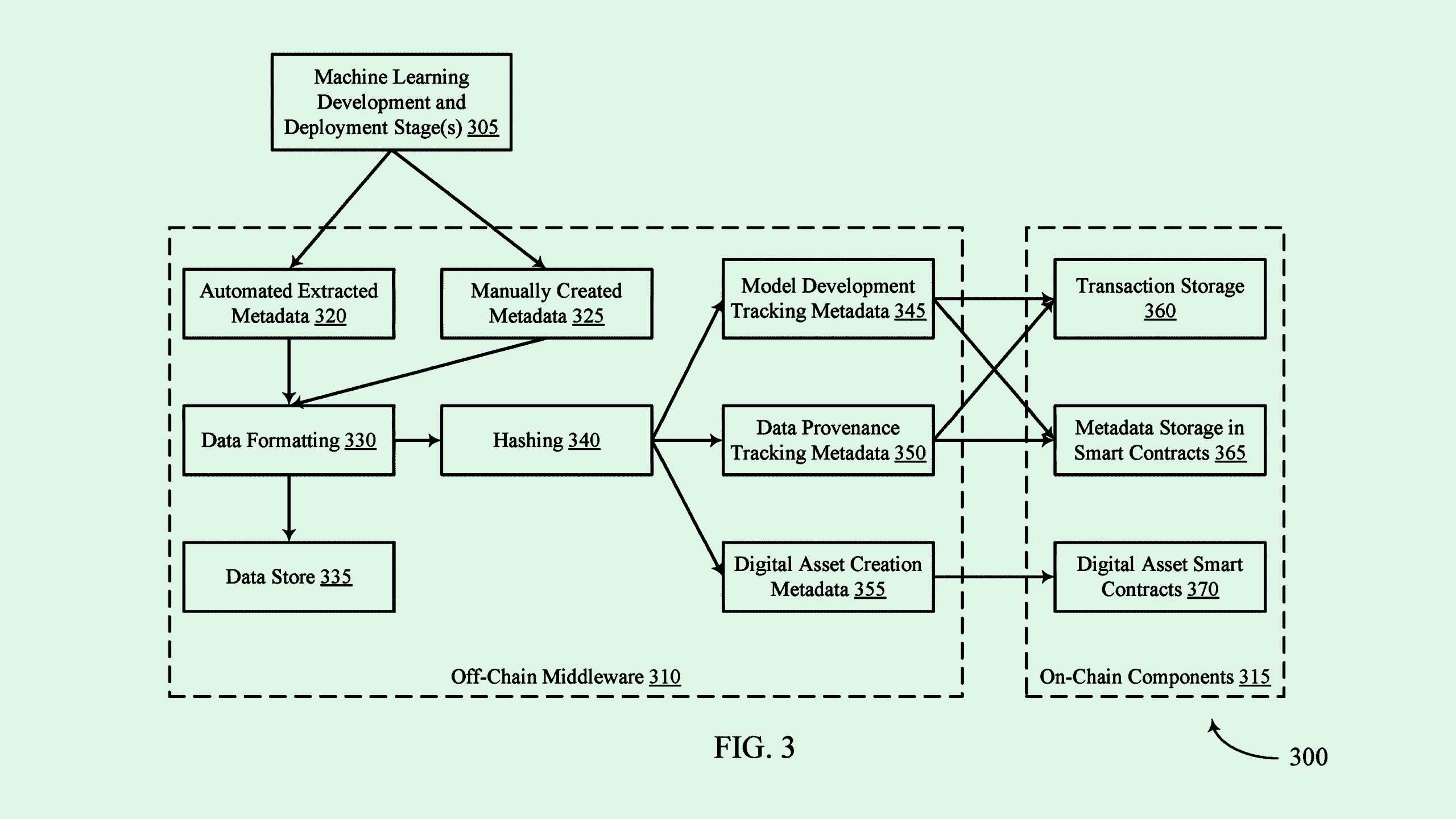
Sign up to get cutting-edge insights and deep dives into innovation and technology trends impacting CIOs and IT leaders.
Coinbase has found a way to regulate AI development using the technology behind cryptocurrency.
The company is seeking to patent a system for “tracking machine learning data provenance via a blockchain,” essentially recording all data that goes in and out of an AI model throughout its lifecycle.
Coinbase’s tech takes note of any data that contributed to a model, including training information and user input prompts and their corresponding outputs. It does so using a “middleware component,” or a system in place between the model and the user, which automatically logs every interaction on the blockchain.
Using blockchain for this purpose provides an immutable and transparent record of who has contributed what to a model, helping to establish ownership and govern usage of AI. The decentralized nature of blockchain also allows no single part to claim ownership over the model fraudulently. This is particularly useful for open source models that often involve many contributors.
“One or more individuals, such as creators, developers, data scientists, engineers, or other stakeholders may contribute to the development of a machine learning model,” Coinbase said in the filing. “However, contributions to the machine learning model may not be captured, and, in some cases, the output of the model may not be tied to the contributors.”
Though blockchain hype has declined from its cryptocurrency and NFT-fueled peak four years ago, the underlying technology still has a number of uses. For example, JPMorgan Chase has sought patents for tech that uses blockchain for data lineage and fact-checking, Intel previously filed a patent application for blockchain-powered security audits, and a Sony patent detailed a means of using the tech to detect deepfakes.
And as copyright infringement lawsuits pile up against companies like OpenAI and Anthropic, playing to blockchain’s strengths could be incredibly useful in tracking down who owns what.

